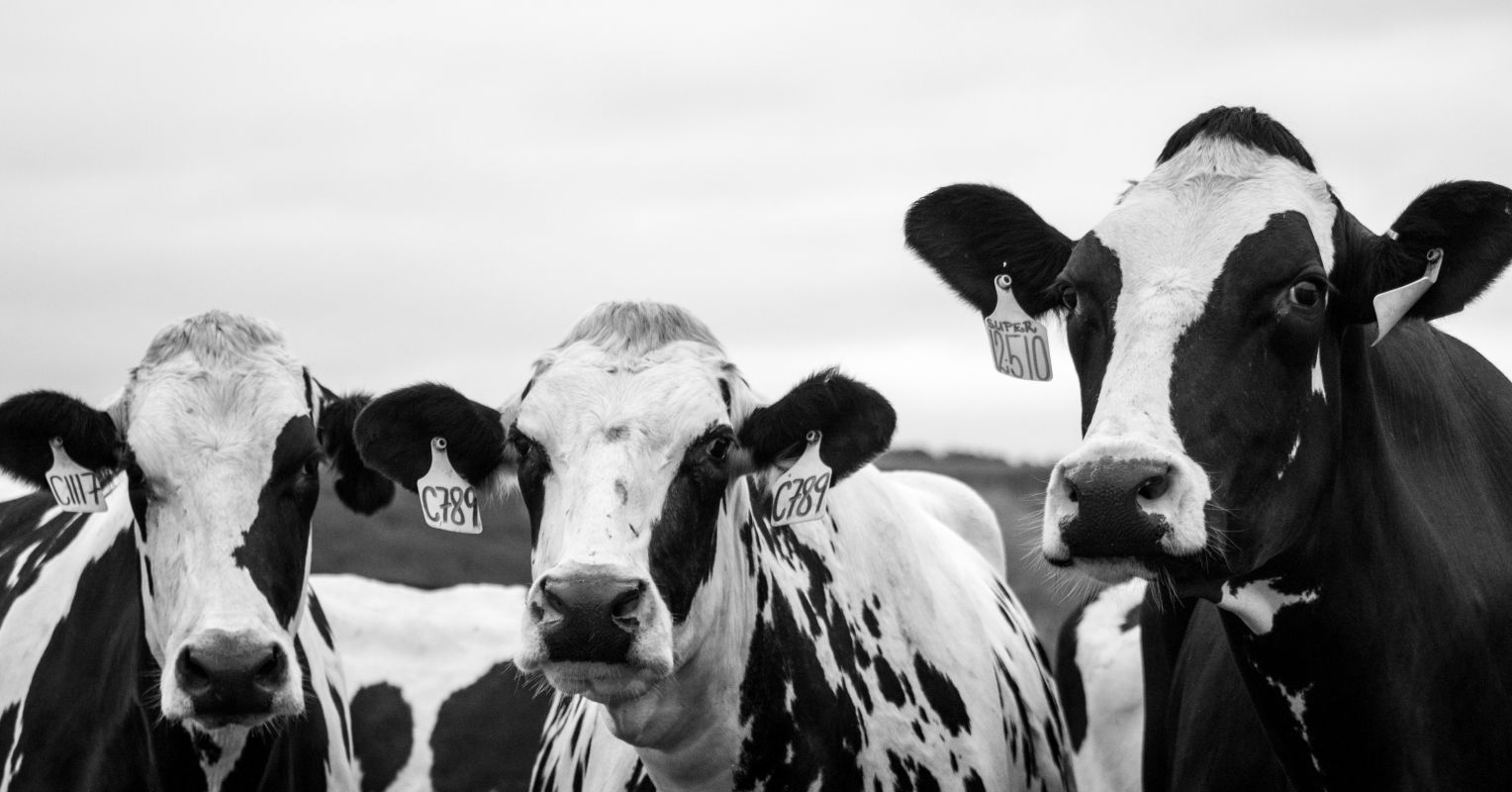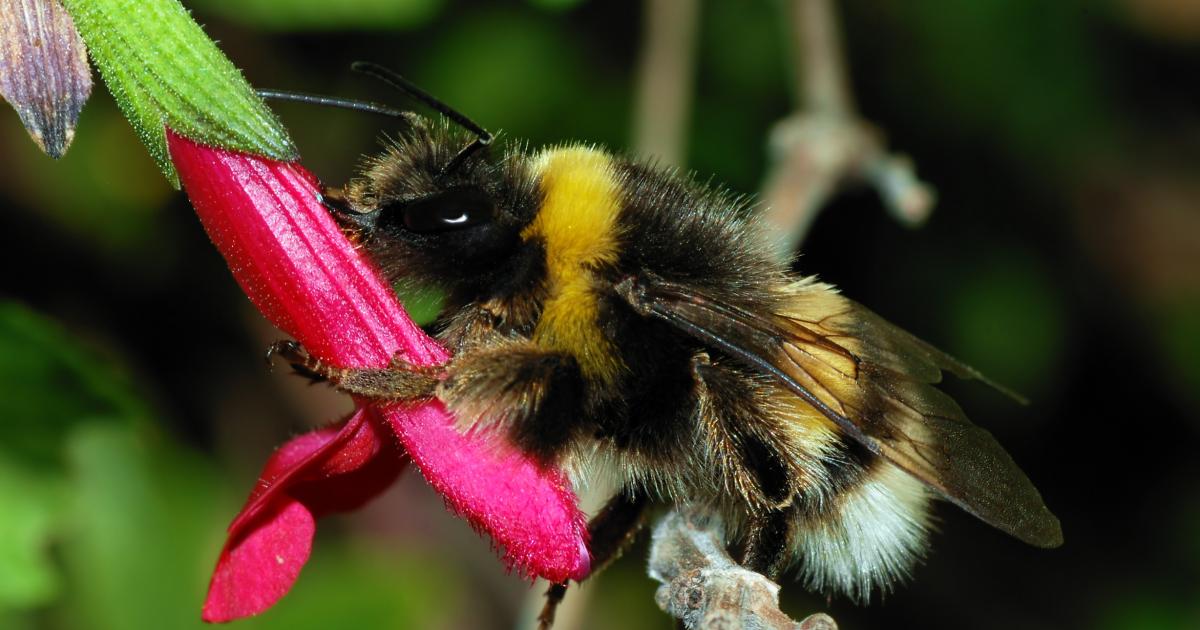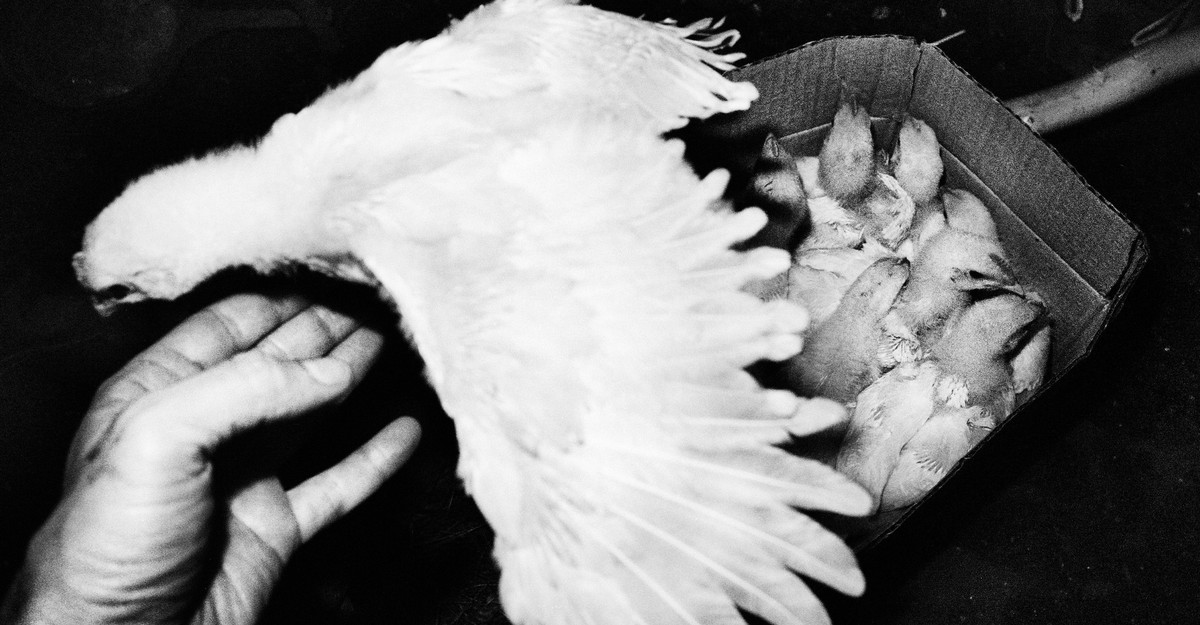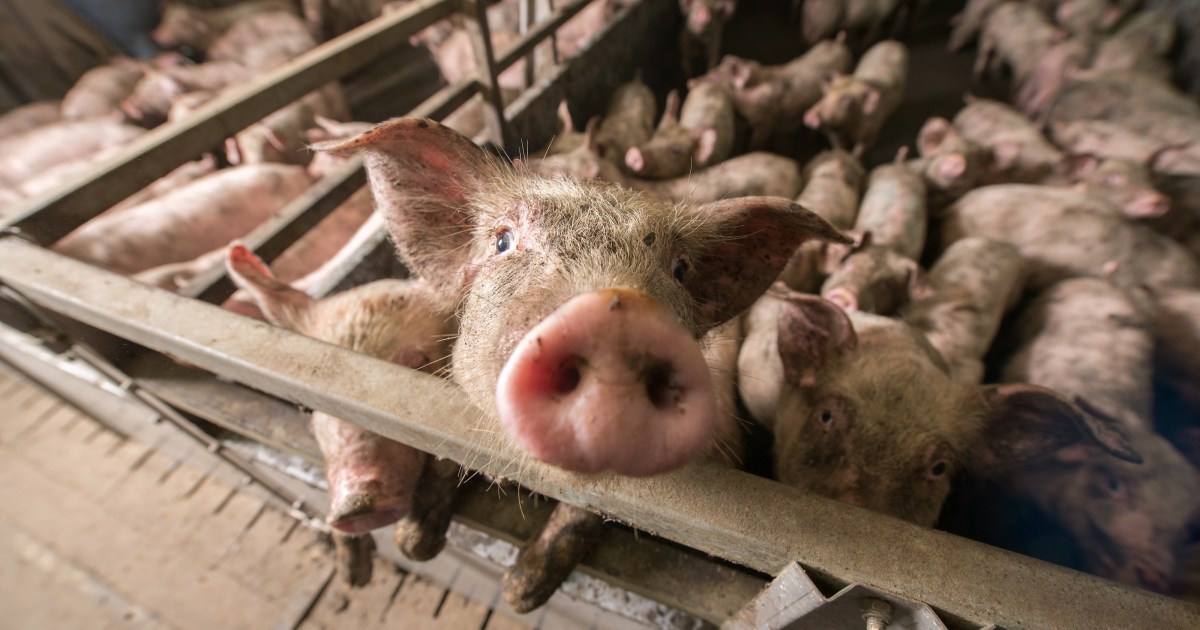After almost half a century, Peter Singer has updated his ground-breaking book, "Animal Liberation". The new publication, "Animal Liberation Now", should be out in June. Singer says that he has made quite a few changes so as to better address modern issues and also to make it more accssible to the everyday reader.
One of the odd things about Singer's book is that many think of him as the founder of the animal rights movement, but he himself does not agree with a rights-based framework for our relations with other animals. Animal Liberation (AL) was always about preventing harm and cruelty to other animals whenever we can and as such he is not an abolitionist. In fact, his book doesn't even talk to his own personal utilitarian stance but rather seeks a simple strategy of doing what you can to not contribute to animal suffering/

 www.psychologytoday.com
www.psychologytoday.com
One of the odd things about Singer's book is that many think of him as the founder of the animal rights movement, but he himself does not agree with a rights-based framework for our relations with other animals. Animal Liberation (AL) was always about preventing harm and cruelty to other animals whenever we can and as such he is not an abolitionist. In fact, his book doesn't even talk to his own personal utilitarian stance but rather seeks a simple strategy of doing what you can to not contribute to animal suffering/

Peter Singer's Classic 'Animal Liberation' Fully Renewed
Singer is among the most influential and controversial living philosophers.












